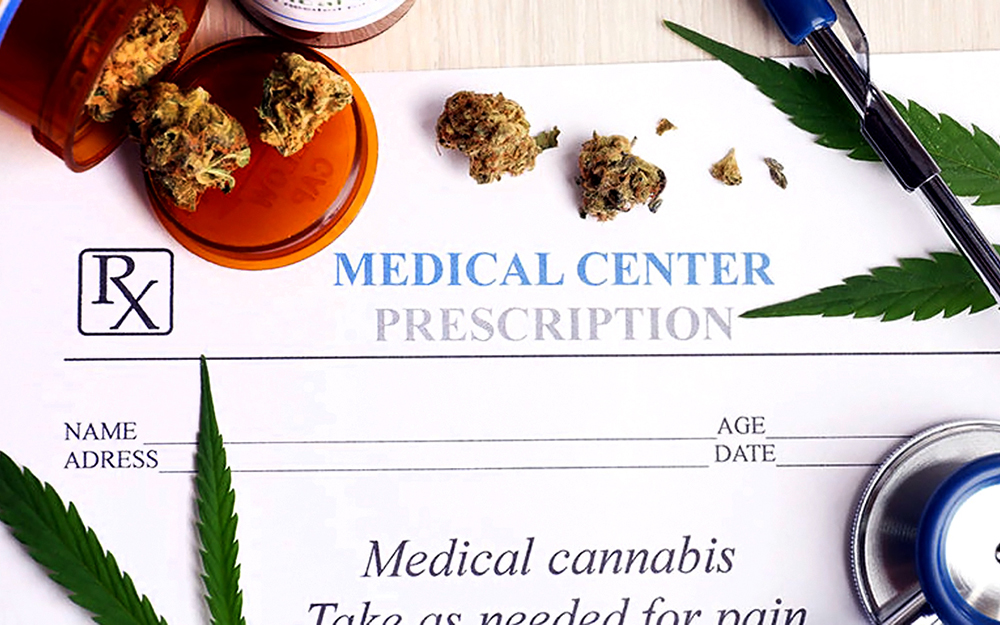
By Patte Purcell
In just a few weeks recreational cannabis will be legal in California. Actually, it’s legal right now. Until the first of the year however, you won’t be able to purchase it legally unless you have a medical marijuana recommendation. You may be thinking you don’t need to renew it. Here’s why you may want to rethink that.
The complexities of the new recreational cannabis rules combined with local governments dragging their feet on allowing a $7 billion dollar industry to integrate into a highly regulated structure with extensive taxes and permitting is going to be challenging at best. California has taken a ‘live and let live’ approach to Collectives in the past, and now will be required to step up enforcement against businesses to make sure they move into the ‘light’. What complicates that is current regulations are requiring a cannabis business to get a local license before they can get a state license. Since many of these Collective growers are not currently required to get a local permit it presents a dilemma that will result in some kind of amnesty to be put in place to help facilitate the move. They’ve published ’emergency regulations’ including free licenses to people that already have licenses in local jurisdictions for 120 days, but that doesn’t represent the majority of companies hoping to license in 2018. There is a scramble on to snap up existing licenses and existing businesses. Money is pouring into the industry, but it’s going to take some time to sort things out.
Opportunities abound for ’boutique’ or Craft growers and product manufacturers with new proposed licenses. A vision of many small ‘vine yard’ type farms is the objective. Unfortunately Riverside County in particular has outlawed all cannabis growing in these same unincorporated areas.
Temecula saw the light and green lighted cannabis businesses with the realistic view that since a majority of voters legalized it statewide it was their duty to give them what they voted for. Riverside County has submitted a similar motion for review but it may go to a ballot question, which couldn’t happen until Nov. 2018. So collectives are standing by waiting for clarification on if they will be allowed to purchase licenses for their area. Until then, they may continue to grow legally for their medical collectives until the end of 2018 according to California NORML. License requests are supposed to be submitted by July 1 but these types of roadblocks will certainly cause delays. If regulatory compliance is too costly, and taxes too high, too many firms might stay in the black market. Current estimates are the black market (not legal medical collectives) comprise 80% of the cannabis grow which usually gets shipped out of state. California has been slow to create an interconnected framework of rules covering newly legal recreational adult and medical use. Municipalities that have issued rules are creating so many different standards that California’s cannabis market will resemble a crazy-quilt. It’s hard to imagine that tax crazy California will find a balance. This whole thing could go up in smoke (pun intended).
So hang on to your medical cannabis license. Why? Your products are already available in your dispensary. In the coming year, every product and every flower has to have extensive testing, if it can’t meet those requirements, it will not be allowed to be sold. According to one dispensary owner, as much as 70% of the products in the dispensaries cannot meet those tests. For the first 6 months, dispensaries may put existing medical inventory into recreational but after that, they are supposed to only sell the newly repackaged tested and taxed products onto the shelves.
It presents an opportunity for pristinely clean products and flower to come into the market but in the short run it could cause a shortage. Dispensaries will be allowed to sell their existing inventory for the first 6 months of 2018. After that it’s all supposed to be tested. This of course will add to the cost of the product. And if, in fact 70% of the current products won’t meet testing that could raise prices as well since the prices for testing have already increased. Additionally, new taxes will be added at all levels, cultivation, drying, manufacturing and distribution. For retail recreational customers there will be an additional retail tax added at that level. In other words, recreational is a lot more expensive. A medical cannabis card is available to those 18 years or older while recreational is 21. Certain municipalities may have no or few recreational cannabis shops but several storefront medical dispensaries and/or MMJ delivery services to choose from.
As a medical marijuana patient you can buy, possess and cultivate (in 100 sq. f.t space) as much cannabis as necessary for your condition (s) within reason. If you really need more plants, ask the 420 doctor about getting a cultivation license in California, some licenses allow you to grow up to 100 plants. Meanwhile recreational users can only have put to an ounce and grow just six marijuana plants.
And here’s the biggest reason, medical marijuana cards in 2018 give you protection from police prosecution if you happen to be in public carrying a decent amount of cannabis.
It’s easy to get or renew your license online by googling ‘marijuana doctor prescriptions’ and usually run about $50 and you can print it immediately. All in all it’s best to retain your MM card.
Patte Purcell does upscale 420 friendly jazz events. Her next event is ‘A 420 Jazz Soiree’ on Monday Jan. 22 from 4:20 to 7:20. It is a private event, for an invitation text your name and email to 1-702-219-6777 and you will be put on the list.










































